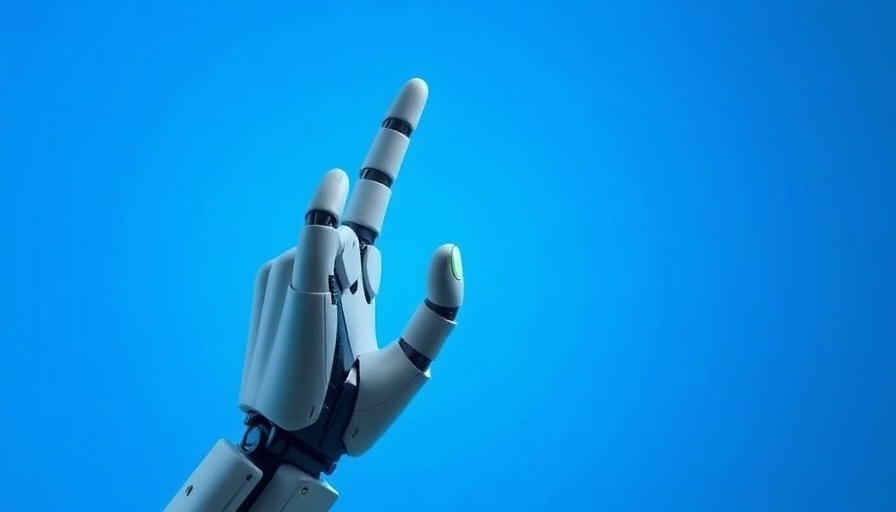
Revolutionizing Healthcare Documentation: Microsoft’s Dragon Copilot
Microsoft has made a significant leap forward in healthcare technology by launching the Dragon Copilot, a voice-enabled AI assistant specifically designed for clinicians. During its reveal, the company emphasized how this innovative tool aims to alleviate the overwhelming administrative burden that healthcare professionals frequently face.
Why Administrators Need to Embrace AI
Clinicians today spend an astonishing 28 hours each week on administrative tasks, which detracts from the time they could otherwise devote to patient care. The Dragon Copilot’s foundation is built on the need to enhance efficiency in administrative roles, allowing healthcare workers to focus more on patient interactions. Joe Petro, Microsoft’s Vice President of Health and Life Sciences, remarked on the urgent need for such tools to assist clinicians and fundamentally transform their work experience.
A Deep Dive Into Dragon Copilot’s Features
At its core, Dragon Copilot combines functionalities of two of Microsoft’s previous products: Dragon Medical One and Dragon Ambient Experience (DAX). This integration means that clinicians can now seamlessly draft clinical notes, referral letters, and after-visit summaries with the help of ambient listening technology and natural language processing. Additionally, the AI can summarize conversations between clinicians and patients, ensuring critical data are accurately recorded without additional push from the medical staff.
Insights from Healthcare Professionals
Recent pilots of the technology in healthcare settings indicate positive results. For instance, clinicians at WellSpan Health, who tested Dragon Copilot, reported not only its accuracy but also its user-friendly approach. Dr. David Gasperack, the chief medical officer of primary care services at WellSpan, stressed that the ease of use coupled with its reliability makes it a valuable asset, allowing them to transition back to patient-centered care.
Implications for Mental Health and Burnout
Research indicates that technological aids like Dragon Copilot could drastically reduce burnout among medical professionals. Stressful administrative workloads have long been identified as a leading source of clinician frustration. According to Microsoft, enhancing clinicians' efficiency through AI might be a critical step in retaining talent in a sector that is experiencing significant turnover. This offers hope not only for healthcare systems but also for the well-being of the professionals working tirelessly within them.
Future Developments in AI for Healthcare
As Dragon Copilot rolls out across the U.S. and Canada in May, with future expansions planned for the U.K. and several European countries, industry experts are keen to observe its adoption. With Microsoft's commitment to integrate this AI tool with various electronic health record (EHR) systems, many in the healthcare community see it as a means to enhance patient care globally.
A transformed healthcare experience appears to be on the horizon, with AI tools piping optimism into medical practices. As clinicians increasingly adopt technologies that automate administrative tasks, a more efficient and patient-focused healthcare system might soon become a reality.
Join the AI Revolution
As Microsoft advances its Dragoon Copilot into the market, healthcare organizations must consider how they can implement similar AI solutions to support their providers. This revolution in healthcare documentation is not just an upgrade; it’s an essential step towards sustainable healthcare practices that prioritize patient well-being. Don't get left behind; embrace the change for a healthier future.
 Add Row
Add Row  Add
Add 




 Add Row
Add Row  Add
Add 

Write A Comment